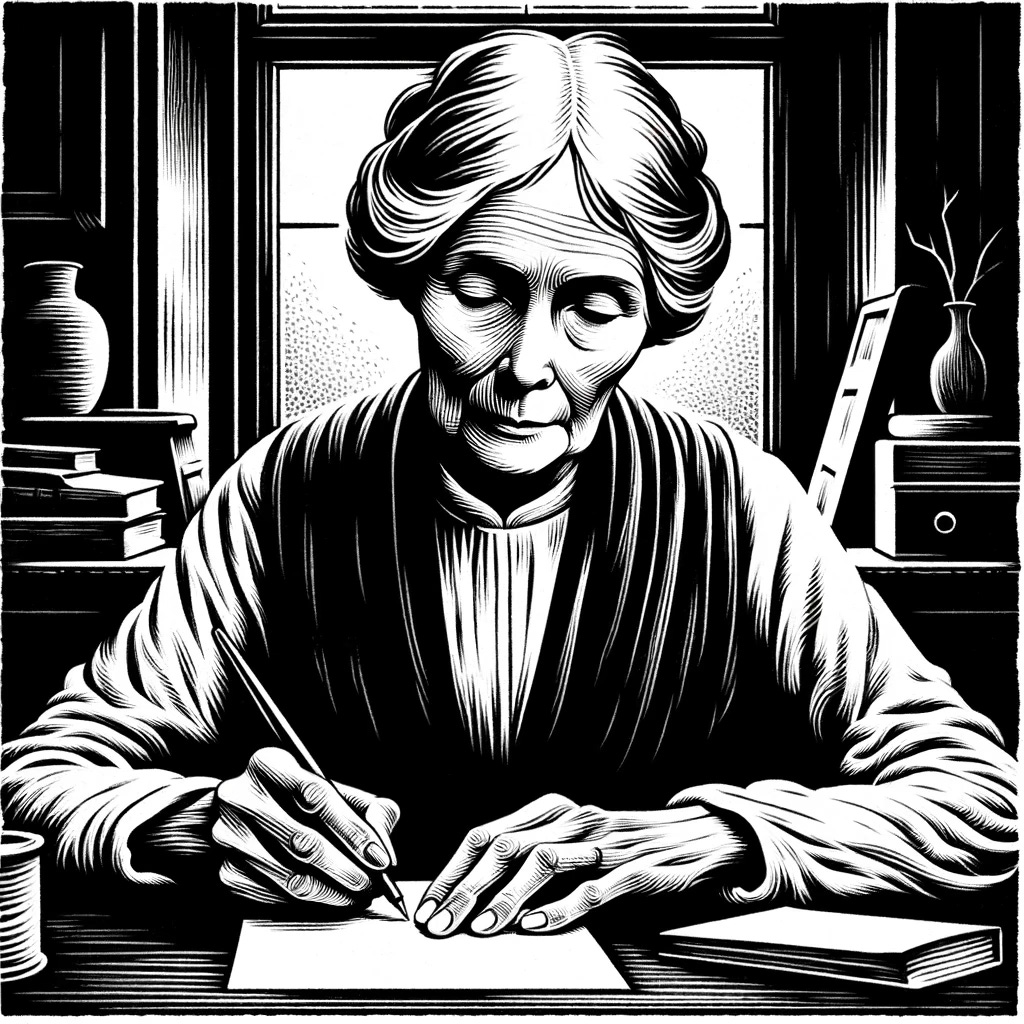Evelyn Underhill: Embracing Diminishments
Feeling useless is a temptation of the devil
In her 1938 letter, Evelyn Underhill1 touches a truth that inevitably confronts us all: the necessity of embracing our own diminishments as a path to a deeper union with God and a more profound guidance of others. Her reflection on feeling useless and the reminder that even Christ's greatest contributions came through His perceived failure, rather than His teachings alone, speaks directly to the heart of life in the Unitive Way. This stage of spiritual life, where active work gives way to a more contemplative union with the Trinitarian community, reminds me to find value not only in my achievements but in learning to surrender them.
Trinity VI, 1938
I am afraid you are going through a very bad bit of readjustment just now — that feeling one is no use any more, is horrible but is a temptation of the devil.
Remember Huvelin's2 Notre Seigneur a gagné le monde non pas par ses beaux discours par le sermon sur la montagne, mais par son sang, par sa douleur sur la croix: Our Lord won over the world not by his beautiful speeches or the Sermon on the Mount, but by his blood, by his suffering on the cross. — which must have seemed utter failure, a finis end to "being of use."
In various degrees I am sure we all have to make that transition.
You and I have both been allowed a good run of active work, but the real test is giving it up, and passively accepting God's action and work, and the suffering that usually goes with it.
It will mean not only interior growth for you, but also in the end, a closer union with God and greatly increased power of helping souls....
No one, not the greatest saint, is irreplaceable. It is a greater act of trust and love to give your work into fresh hands than to struggle on with increasing damage to health.
I know it must be increasing anguish to you — but after all, Our Lord Himself had to leave His work to 12 quite inferior disciples. We have to learn to accept for ourselves all that this means, before we are really abandoned to God.3
Evelyn Underhill (1875-1941) was a British author and spiritual teacher who wrote extensively on the topics of mysticism and meditation. Her best known book, Mysticism, published in 1911, remains a profound and classic text. Underhill championed the contemplative life, believing that only by stilling and quietening the soul can one come to true knowledge and understanding. She once wrote: “Mysticism is the art of union with Reality.”
Henri Huvelin was a notable French priest known for his profound influence as a spiritual director, including his guidance to Baron Friedrich von Hügel. He was revered for his deep spirituality and ability to connect individuals to a more profound faith journey.
Underhill, Evelyn. The Letters of Evelyn Underhill. United Kingdom: Darton, Longman and Todd, 1991.


